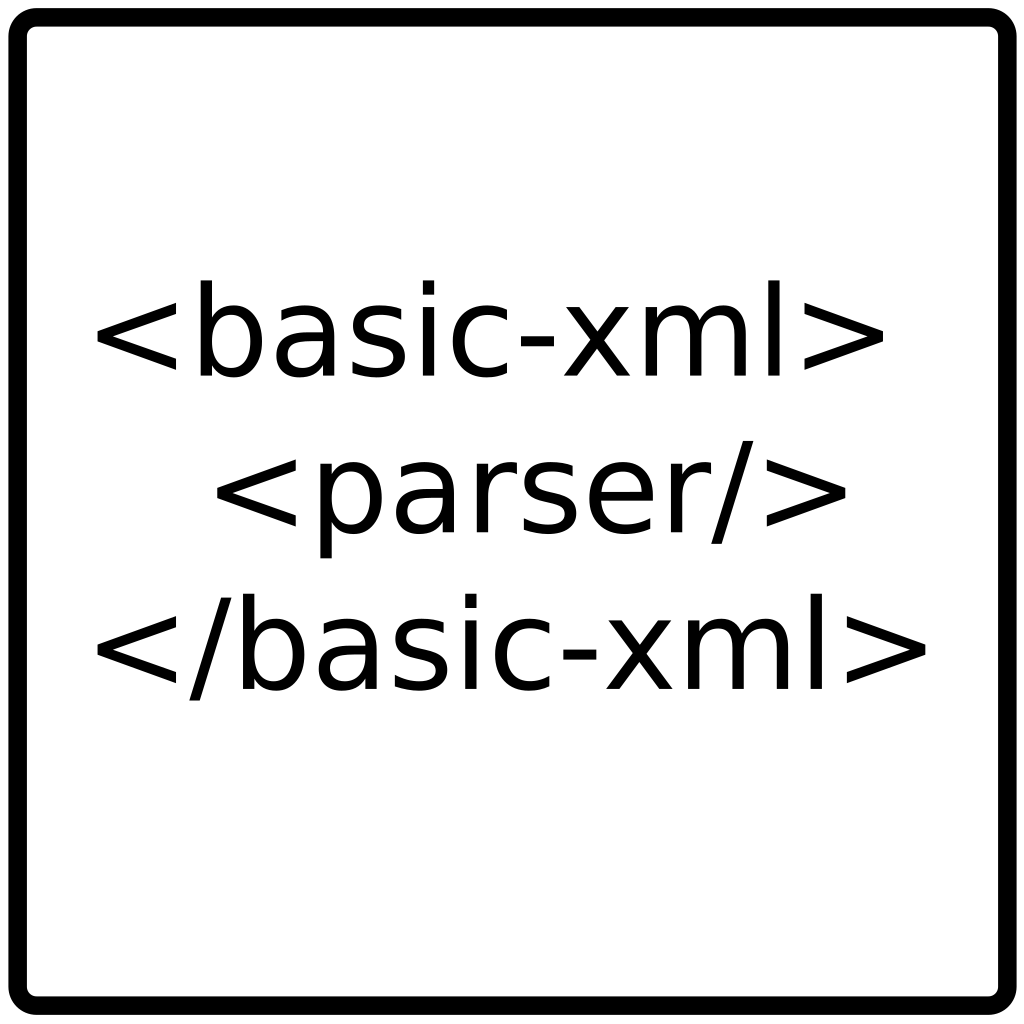This library and tools are used to load XML files as configuration files. This is why it was simplified to the minimum.
The <?...?> processor tags are ignored. One can appear at the top (most
likely, the <?xml ...?> process tag). It can also appear after the closing
root tag.
The usually tags are supported, without namespace.
<empty/>
<not-empty>...</not-empty>
The root tag cannot be an empty tag. You may still use a tag without any data or sub tags as in:
<!-- this is permitted -->
<root></root>
The tags can be assigned attributes as in:
<tag-name attribute-name="attribute-value">...</tag-name>
The number of attributes is not limited, however, the same attribute cannot be redefined more than once (in most likelihood, in a configuration file, it would be a duplicate parameter and thus a bug).
You can include content between an opening and a closing tags. Spaces before the first non-space character are removed. Spaces between the last non-space and the closing tag are removed.
You may use the <![CDATA[...]]> syntax in order to read verbatim data.
By default, the node::text() function trims the text. If you want the raw
text, use the flag: n->text(false).
WARNING: All the content is saved in the node object directly. If it
is interspersed with sub-tags, the loader loses that information. It will
look like one block of text to the library user. In most cases, configuration
files with tags that expect such data will not include sub-tags.
The library supports comments. These are viewed as white spaces and are just skipped.
<!-- comments are completely removed from the resulting node tree -->
The library is limited to the basic XML entities. No declarations are possible so you cannot define more.
&-- the&character<-- the<character>-- the>character"-- the"character'-- the'character
The characters you can use to name tags and attributes is limited to:
a-z-- lower case latin lettersA-Z-- upper case latin letters0-9-- digits_-- the underscore--- the dash
A name must start with a letter or the underscore character ([a-zA-Z_]).
A name cannot end with a dash (-).
Namespaces are not supported at all.
The \r character is transformed into a \n character in your text().
This is because we transform the \r\n sequence in just \n and that implies
adding +1 to the current line number. I don't really see why that would ever
be an issue anyway.
Submit bug reports and patches on github.
This file is part of the snapcpp project.
vim: ts=4 sw=4 et
